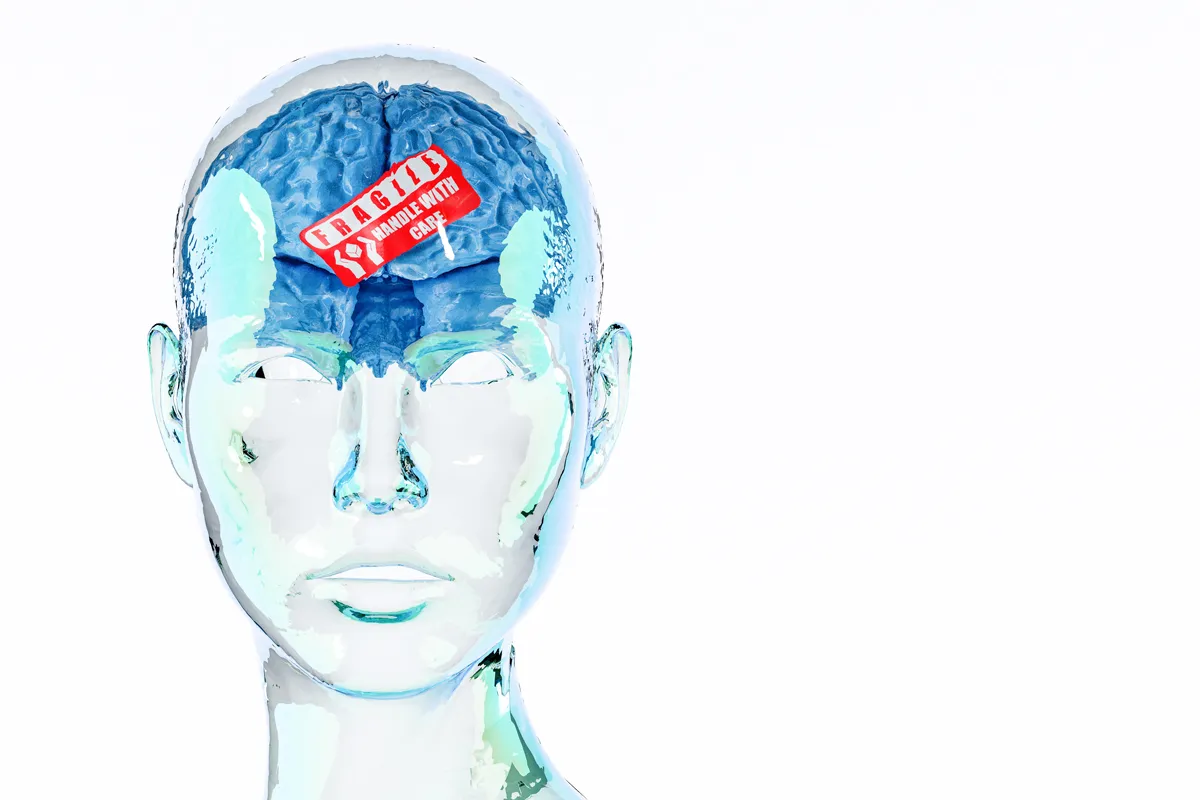Being officially diagnosed can be very disturbing for many while a relief for others. It is not uncommon to feel like you are being labeled with an over simplified term versus addressing unique symptoms. For many people, it’s like being told you’re an “F” student and you always will be. A client can be worried that now people can write them off as crazy or use this diagnosis against them. These are valid feelings but not the reason the labels were created. From the clinician’s side, diagnosis gives us a starting point and helps us create a treatment plan for the best path forward to improving the quality of life for our clients. We want to see the client go from failing in certain aspects of their lives to being highly successful. This requires trust and teamwork when working with a clinician to take the diagnosis and use it as a tool to move to a healthier you.
Mental health diagnoses do serve as a fundamental aspect of contemporary psychological practice, providing a framework for understanding and addressing various mental health conditions. However, the utility of such diagnoses is not universally agreed upon. This article delves into the multifaceted nature of mental health diagnoses, exploring their benefits and potential drawbacks while considering the broader implications for individuals and society.
The Role of Diagnosis in Mental Health
A mental health diagnosis is a clinical assessment that identifies specific mental health conditions based on standardized criteria. Historically, diagnoses have played a crucial role in advancing psychiatric knowledge and treatment methodologies. They offer a structured approach to identifying mental health issues, facilitating communication among professionals, and guiding treatment plans.
Benefits of Receiving a Diagnosis
Receiving a diagnosis can be profoundly validating for individuals struggling with mental health issues. It provides a tangible explanation for their experiences, often alleviating feelings of confusion and isolation. Diagnoses also grant access to specialized treatment options and resources, enabling individuals to receive targeted interventions and support. Moreover, they can foster a sense of community, as individuals connect with others who share similar experiences.
Potential Drawbacks of Diagnosis
Despite these benefits, diagnoses can also lead to stigmatization and labeling. Being labeled with a mental health condition can evoke societal prejudice, potentially resulting in discrimination in various aspects of life, including employment and social interactions. Furthermore, there is a risk of overreliance on diagnostic labels, where individuals and professionals may reduce complex experiences to simplistic categorizations, overlooking the nuances of each person’s unique situation.
The Impact on Personal Identity
A mental health diagnosis can significantly influence an individual’s self-perception. While some may find solace in understanding their condition, others may internalize the label, allowing it to define their identity. This can impact personal and social relationships, as individuals navigate the duality of being seen through the lens of their diagnosis while striving to maintain their multifaceted identities.
The Risk of Misdiagnosis
Misdiagnosis is a critical concern in the realm of mental health. An incorrect diagnosis can lead to inappropriate treatment, exacerbating existing issues or creating new ones. Factors contributing to misdiagnosis include overlapping symptoms, cultural differences, and biases within the diagnostic process. The consequences of misdiagnosis underscore the importance of thorough and accurate assessment practices.
Alternative Approaches to Mental Health
In response to the limitations of traditional diagnostic models, alternative approaches emphasize holistic and integrative therapies. These methods prioritize the individual’s lived experience, focusing on the interconnectedness of mind, body, and environment. Techniques such as mindfulness, art therapy, and community-based support systems offer valuable complements to conventional diagnostic practices.
Balancing Diagnostic and Non-Diagnostic Approaches
Achieving a balance between diagnostic and non-diagnostic approaches requires integrating multiple perspectives. Mental health care should be flexible, adapting to the needs and preferences of each individual. Emphasizing personalized care ensures that treatment plans are responsive and comprehensive, addressing the full spectrum of an individual’s experiences.
The Role of Mental Health Professionals
Mental health professionals bear a significant responsibility in navigating the complexities of diagnosis and treatment. Ethical considerations must guide their practice, ensuring that diagnoses are used judiciously and with sensitivity to their potential impact. Supporting clients beyond labels involves recognizing the person behind the diagnosis and fostering a therapeutic environment that promotes holistic well-being.
Conclusion
In conclusion, while mental health diagnoses offer critical benefits, including validation and access to treatment, they also present challenges such as stigmatization and the risk of misdiagnosis. A balanced approach that incorporates both diagnostic and non-diagnostic methods can enhance mental health care, prioritizing the individuality and holistic needs of each person. Embracing a nuanced perspective allows for more effective and compassionate support, fostering a mental health landscape that is both inclusive and responsive.




